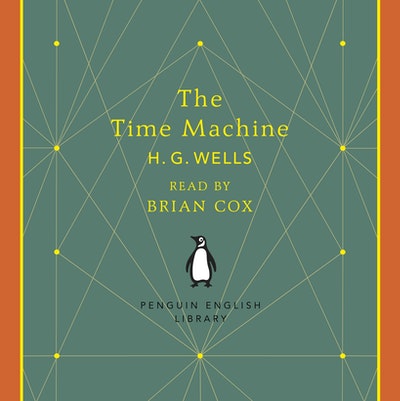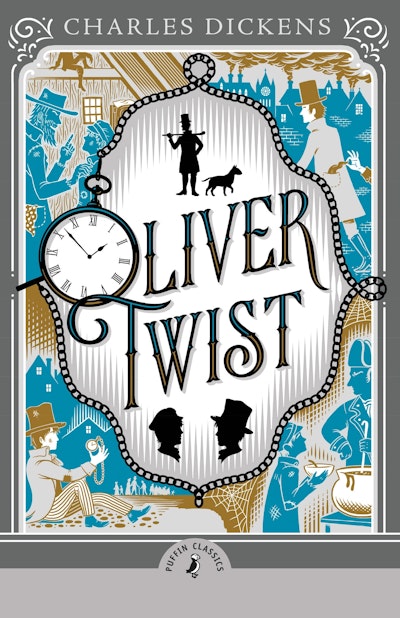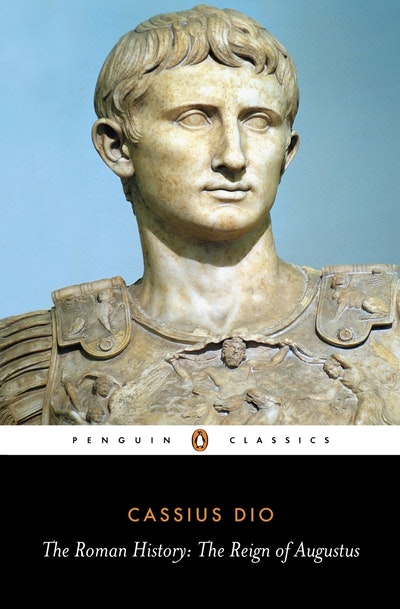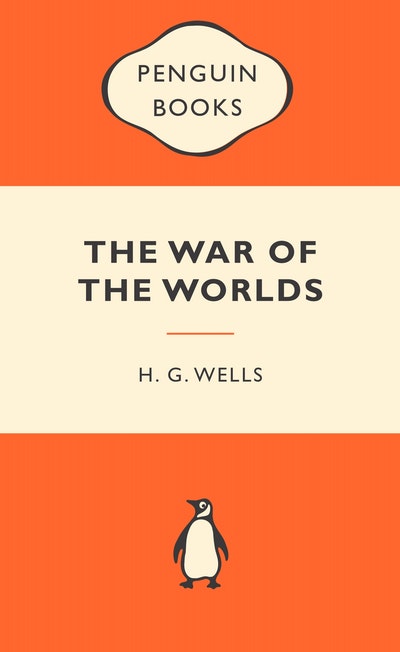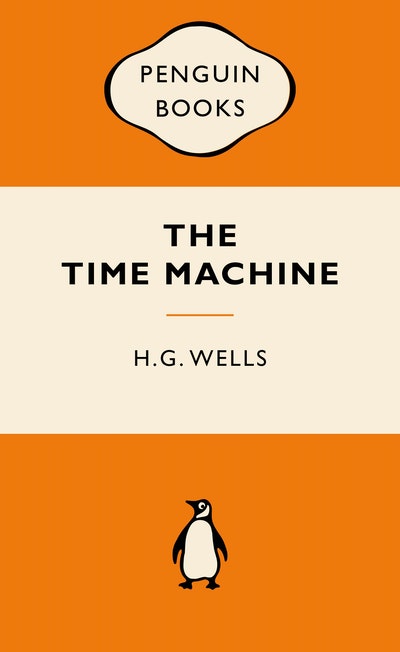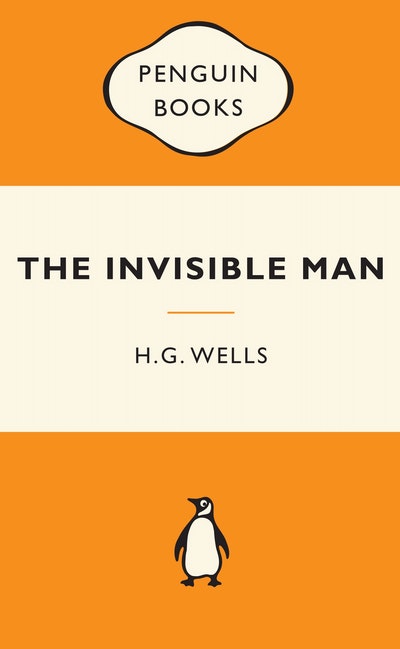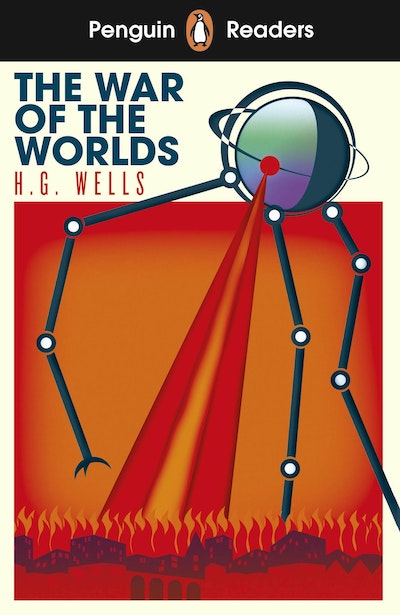- Published: 31 May 2012
- ISBN: 9780718198398
- Imprint: Penguin Audio
- Format: Audio Download
- RRP: $18.99
The Time Machine
The new audiobook series: Penguin English Library
Penguin Classics presents H. G. Wells' The Time Machine, adapted for audio and now available as a digital download as part of the Penguin English Library series. Read by the actor Brian Cox.
'Great shapes like big machines rose out of the dimness, and cast grotesque black shadows, in which dim spectral Morlocks sheltered from the glare'
Chilling, prophetic and hugely influential, The Time Machine sees a Victorian scientist propel himself into the year 802,701 AD, where he is delighted to find that suffering has been replaced by beauty and contentment in the form of the Eloi, an elfin species descended from man. But he soon realises that they are simply remnants of a once-great culture - now weak and living in terror of the sinister Morlocks lurking in the deep tunnels, who threaten his very return home.
H. G. Wells defined much of modern science fiction with this 1895 tale of time travel, which questions humanity, society, and our place on Earth.
Part of a series of vintage recordings taken from the Penguin Archives. Affordable, collectable, quality productions - perfect for on-the-go listening.
- Published: 31 May 2012
- ISBN: 9780718198398
- Imprint: Penguin Audio
- Format: Audio Download
- RRP: $18.99
